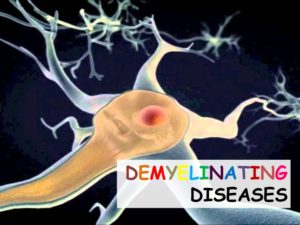Overview
Many times, certain infections and inflammation affect the brain. These children often present with acute symptoms like seizures, altered consciousness, focal deficits, drowsiness or fever. They often need hospitalization for further treatment & evaluation.

Infections
The brain and nerve cells can be a direct target for certain infections. At times they may be indirectly affected by other systemic infections and their treatment. The types of infection can be encephalitis – inflammation of the brain, meningitis – inflammation of myelin sheath, the covering over brain, spinal cord and nerve fibers, or a combination of the two. In India encephalitis due to viruses and varied type of presentation due to tuberculosis are common. Most will present like other infections with fever or rash. Vomiting, headache and seizures point towards neurological involvement. Diagnosis may require testing CSF, the fluid running through brain and spinal cord and neuroimaging like MRI. Treatment depends on type and cause of infection.
Demyelination
These are disorders of the nervous system in which myelin sheath – a fatty membrane covering the nerve fibers is damaged. This affects the transmission of messages from the nerve cells to other parts of the body. Symptoms depend on the type of nerves affected and range from loss of sensation, movement or cognition. Causes are also varied including genetic defects, infections, autoimmune and certain chemicals. Diagnosis is based on MRI, neurophysiological testing and at times testing CSF (fluid within the brain and spinal cord). Treatment involves medication to slow or halt the damage, physical exercise and supportive management. Multiple sclerosis is a well-known example of this group.
